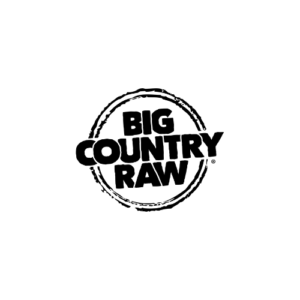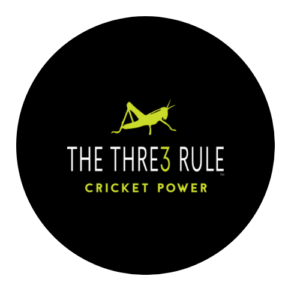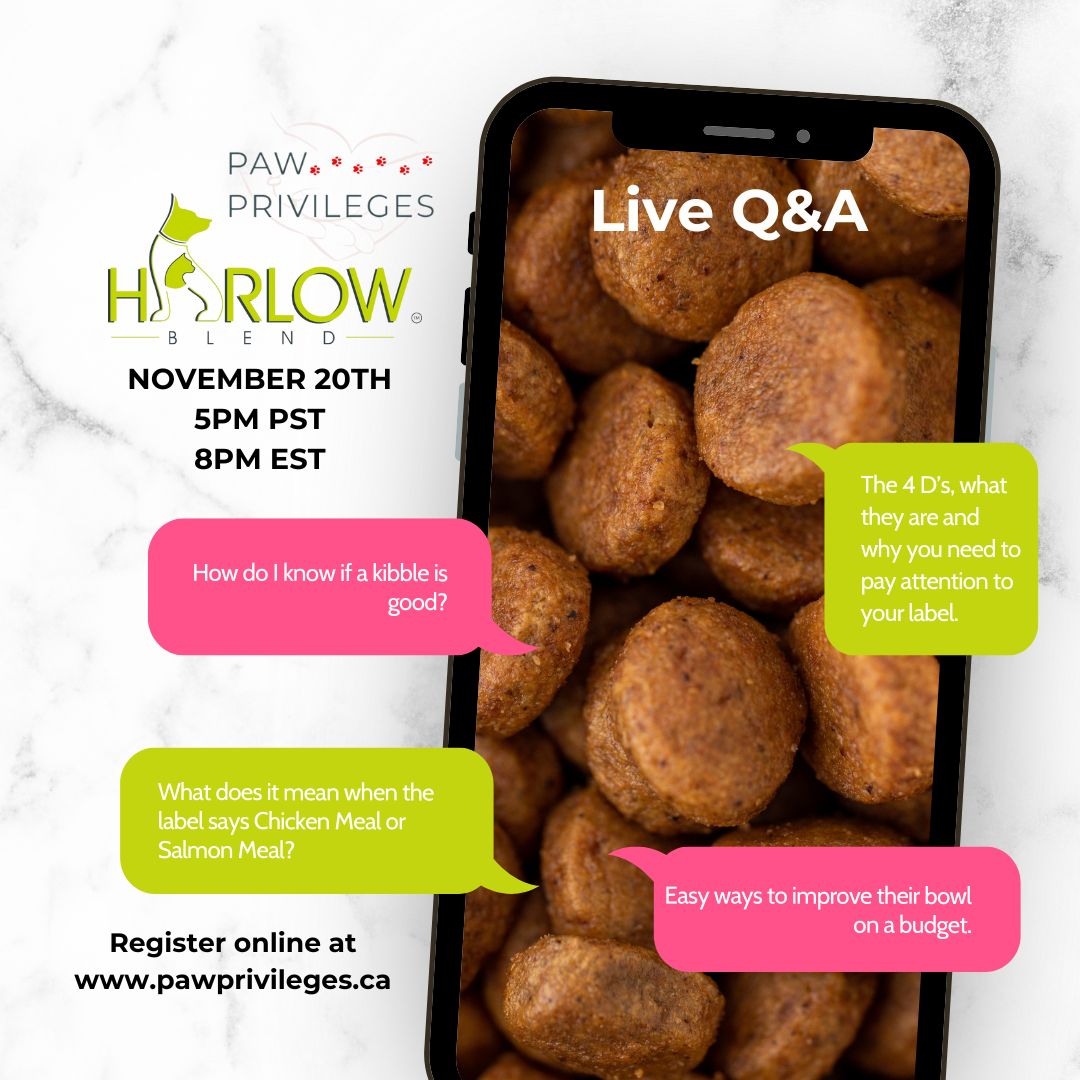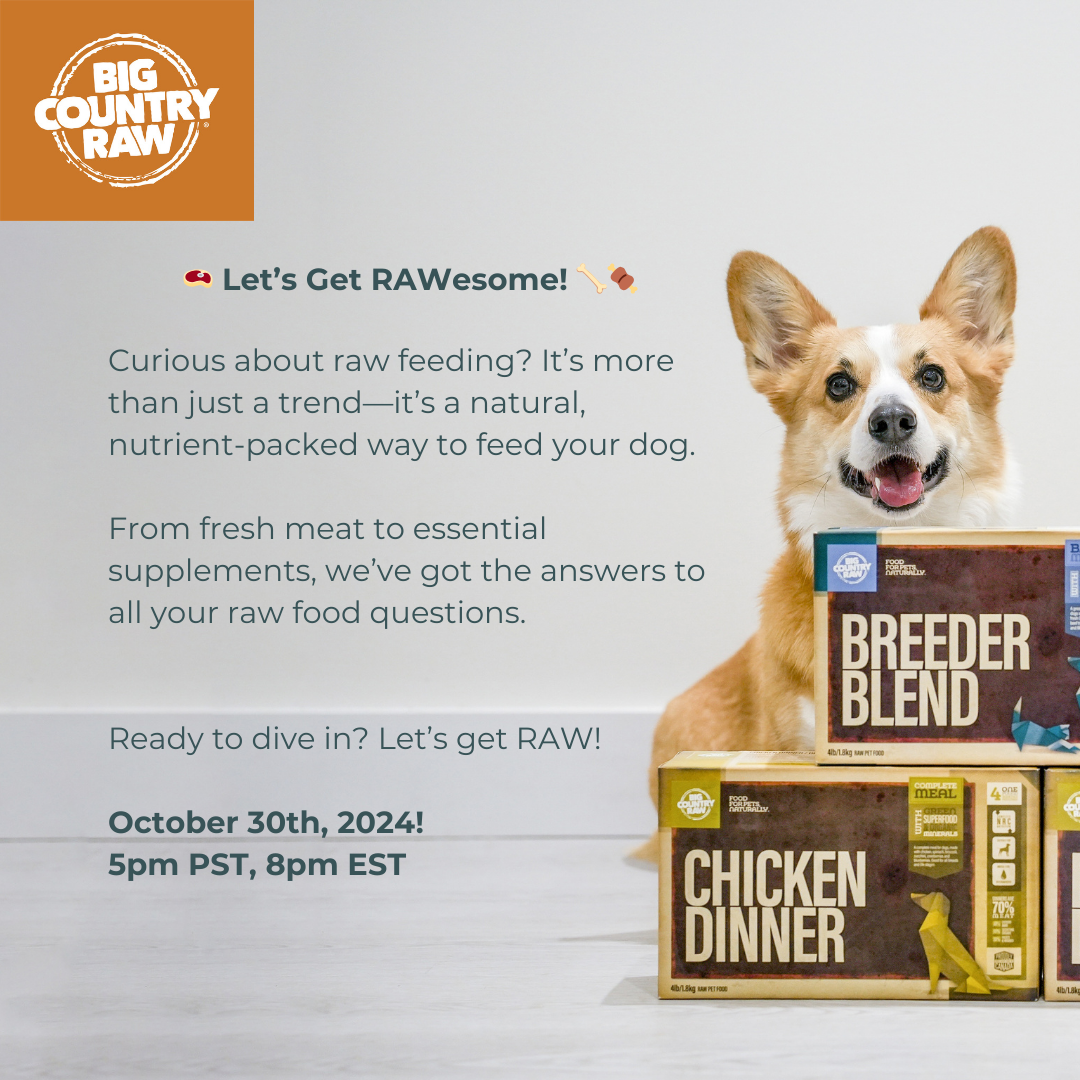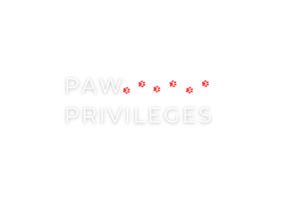How to Find a Responsible Breeder:
When looking to bring a new dog into your home, finding a responsible breeder is crucial. A good breeder ensures the health, temperament, and well-being of their dogs, contributing positively to the breed and the broader canine community. Here’s a detailed guide on how to find a responsible breeder:
1. Research the Breed
Before you start searching for breeders, familiarize yourself with the breed you are interested in. Understanding the breed’s characteristics, health issues, and care requirements will help you ask the right questions and recognize responsible breeding practices.
2. Ask for Recommendations
Reach out to veterinarians, local breed clubs, and dog trainers for recommendations. People in these communities often know reputable breeders. Online forums and social media groups dedicated to specific breeds can also be valuable resources but be mindful that many on social media will give you opinions based on little to no actual interaction with the breeders dogs. Take personal opinions online with a grain of salt and focus on speaking with parents who own a dog from the breeder.
3. Check for Accreditation
Look for breeders who are members of recognized breed clubs or organizations however never assume because a breeder is listed with a register there are automatically ‘responsible’, while we wish that was true, the fact is – being registered does not mean they are responsible. It is just one checkmark on a long list!
4. Visit the Breeder’s Facility
A responsible breeder will welcome you to visit their facility if you are able. There are times when you’re simply not close enough. Look for breeders who have a very inclusive process. Many now do daily livestreams for their parents so that you can be a part of your puppies journey right from day one.
5. Ask Questions
A responsible breeder will be open to answering your questions. Some important questions to ask include:
- Health Screenings: What health tests do they perform on their breeding dogs? Responsible breeders screen for genetic conditions and provide proof of health clearances. All breeders listed with responsible breeders of Canada have produced health tests, OFA/Pennhip tests and their contracts to us to ensure they are meeting these requirements.
- Breeding Practices: How do they select breeding pairs? Good breeders consider health, temperament, and genetic diversity. Also, ask the age of the female and how many litters she has had. Females should be no older than 7 years old (ideally much younger when retired) and they should not have whelped more than 6 litters. Be mindful of the breeders care of their own dogs and ensure they are valuing their breeding dogs as much as the puppies they are whelping.
- Puppy Socialization: How are the puppies socialized? Early socialization is crucial for a well-adjusted dog. Look for breeders who engage in Puppy Culture (Early neurological stimulation), Bad Ass Breeder Program, ESI (Early scent introduction) and are active with the development of their puppies from the first days.
- Breeder Assist: Most breeders will assist parents with the puppy selection. Remember, they know their dogs and they have the experience with the temperament each pairing produces, they are the best ones to lead you to the right puppy for your lifestyle.
6. Review Contracts and Guarantees
A responsible breeder will provide a contract that outlines the terms of the sale, health guarantees, and the breeder’s responsibilities. All breeders listed on Responsible Breeders of Canada have complete contracts. Carefully review the contract to ensure it includes:
- Health Guarantees: The breeder should offer a health guarantee covering genetic conditions.
- Return Policy: A good breeder will require you to return the dog to them if you can no longer care for it, ensuring the dog doesn’t end up in a shelter.
- Spay/Neuter Agreement: The agreement will vary here however breeders should explain their agreement to you.
7. Observe Red Flags
Be wary of breeders who:
- Sell Puppies Without Screening: Avoid breeders who do not ask you questions about your lifestyle and experience with dogs.
- Have Multiple Litters Available: Breeders with many litters at once may not be providing the necessary care and attention to each puppy.
- Avoid Showing the Facility: If a breeder refuses to let you visit, it’s a major red flag.
- Lack of Knowledge: A responsible breeder should be knowledgeable about the breed and willing to share that knowledge with you.
8. Patience and Persistence
Finding a responsible breeder may take time. Good breeders often have waiting lists, but the wait is worth it for a healthy, well-adjusted puppy. Rushing the process can lead to supporting unethical breeding practices and potential heartbreak.
9. Stay in Touch
Once you’ve found a responsible breeder and brought your puppy home, maintain communication with the breeder. They can offer valuable advice and support as your puppy grows.
By taking the time to find a responsible breeder, you’re ensuring a better start for your new furry friend and contributing to the welfare of dogs everywhere. Happy searching!


